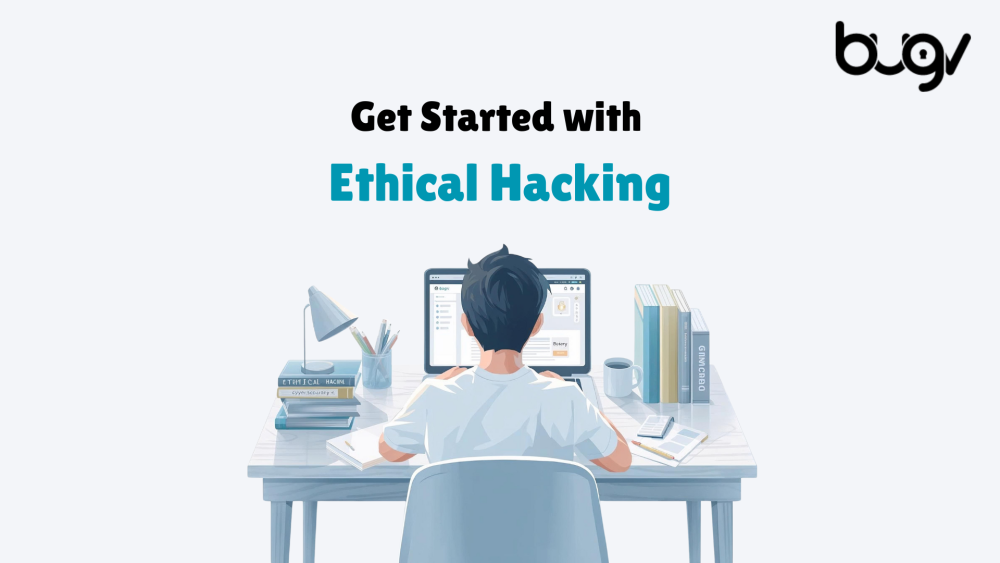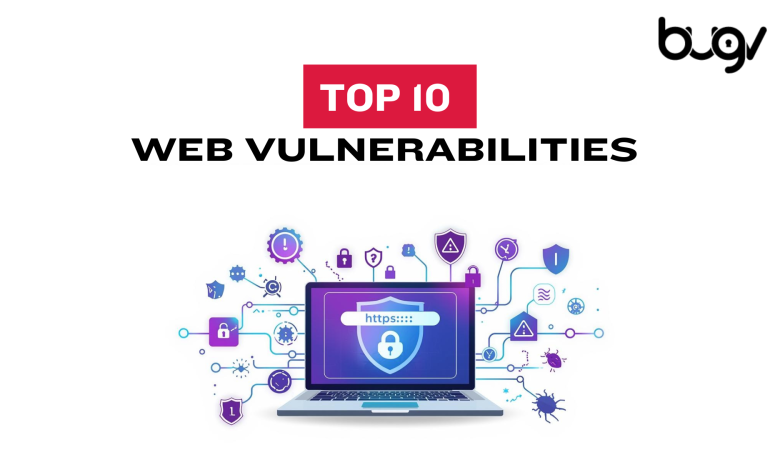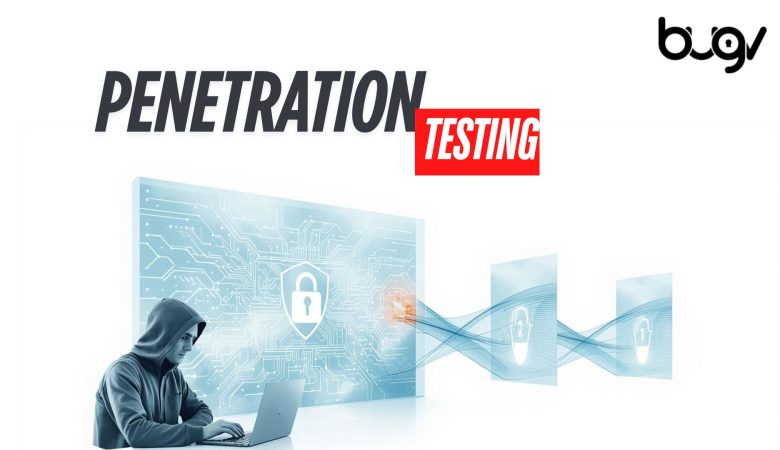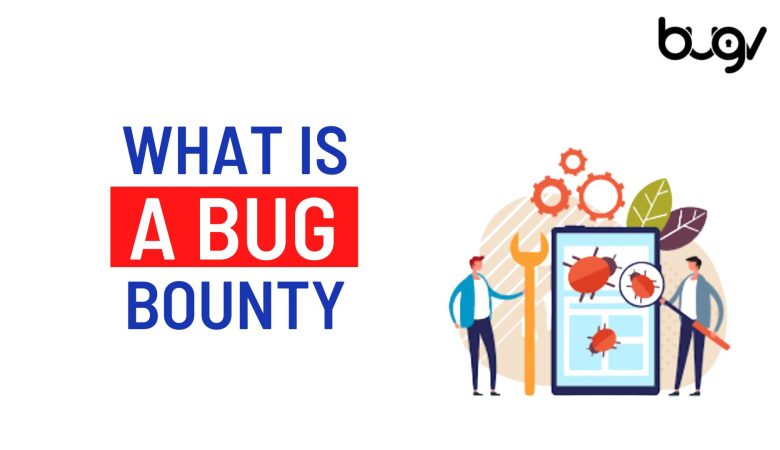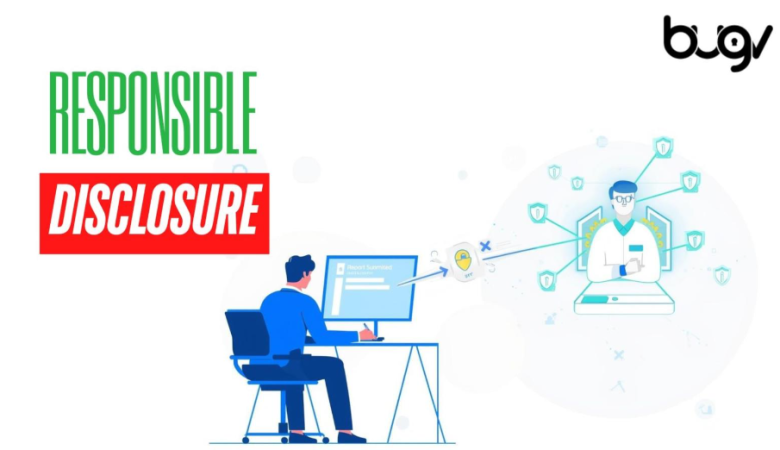Getting started with hacking doesn’t mean breaking the law – it means learning how systems work so you can defend them. Ethical hacking (also called white-hat hacking) is a legitimate, high-demand skillset used by security teams and bug bounty hunters to find and fix vulnerabilities before criminals do. Here’s a safe roadmap to begin.
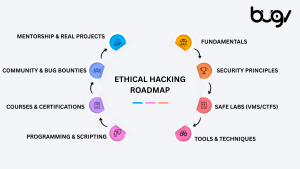
Learn the fundamentals
Start with the basics of computing: operating systems (Linux is essential), networking (TCP/IP, DNS, HTTP), and how web apps and APIs operate. Foundation skills make it far easier to understand where vulnerabilities originate.
Study cybersecurity principles
Understand common vulnerability classes like injection flaws, broken authentication, insecure configuration, and more using resources like the OWASP Top 10. Learn about encryption, authentication, access control, and secure software development lifecycles.
Develop hands-on skills in a safe environment
Practice in legal, contained environments: set up virtual labs using virtual machines, or use purposely vulnerable platforms (e.g., intentionally vulnerable apps and capture-the-flag playgrounds). These let you experiment without harming others.
Master core tools and techniques (ethically)
Familiarize yourself with legitimate security tools and how to interpret their output: port scanners, web proxies, packet analyzers, and vulnerability scanners. Learn how to analyze logs and trace attack patterns. Use these tools only on systems you own or have explicit permission to test.
Learn programming and scripting
Pick one or two languages. Python is excellent for scripting and automation, and JavaScript helps with web security, and bash is useful for system tasks. Programming helps you understand exploit mechanics and create custom testing tools.
Take courses and earn certifications
Structured programs give direction and credibility. Consider beginner and intermediate courses in cybersecurity and certifications like CompTIA Security+, then move to CEH, OSCP, or other role-specific creds as you gain experience.
Join communities and practice responsibly
Participate in security forums, bug bounty platforms, and CTF competitions. These communities accelerate learning, expose you to real problems, and help build a reputation but always follow each platform’s rules and ethical guidelines.
Find mentorship and real-world projects
Work with experienced security pros, contribute to open-source security projects, or join a security team as an intern. Real engagements teach workflow, reporting, and remediation best practices — skills no lab can fully replicate.
Becoming an ethical hacker is a gradual, disciplined process focused on learning, legality, and responsible disclosure. It’s a career that blends curiosity with accountability — and organizations increasingly rely on these skills to stay secure.
Ready to apply your skills the right way? Partner with Bugv for legal penetration testing, training, and bug bounty programs that help you learn, test, and protect with confidence.
👉 Contact Bugv to get started with ethical hacking and professional security services.





